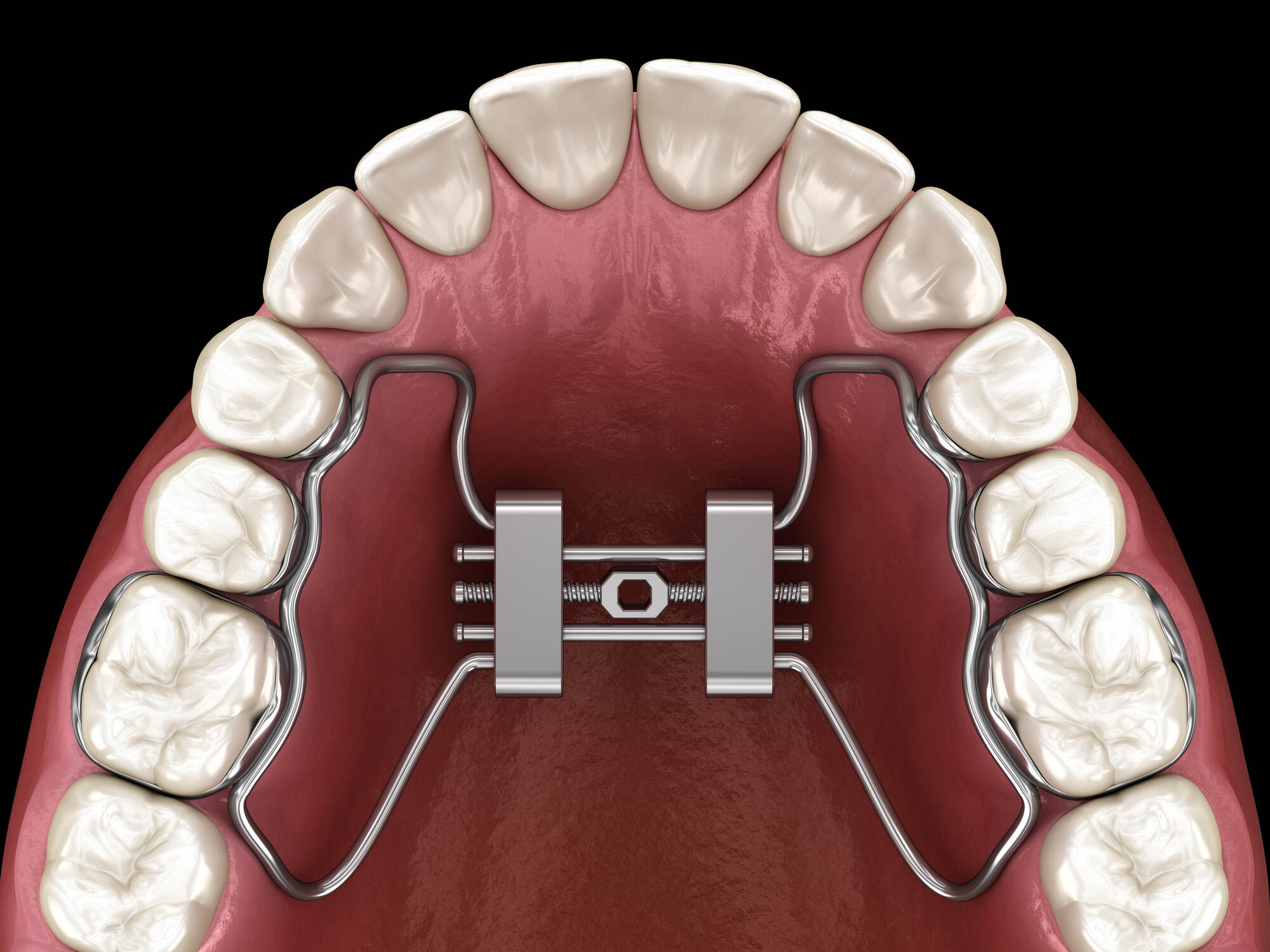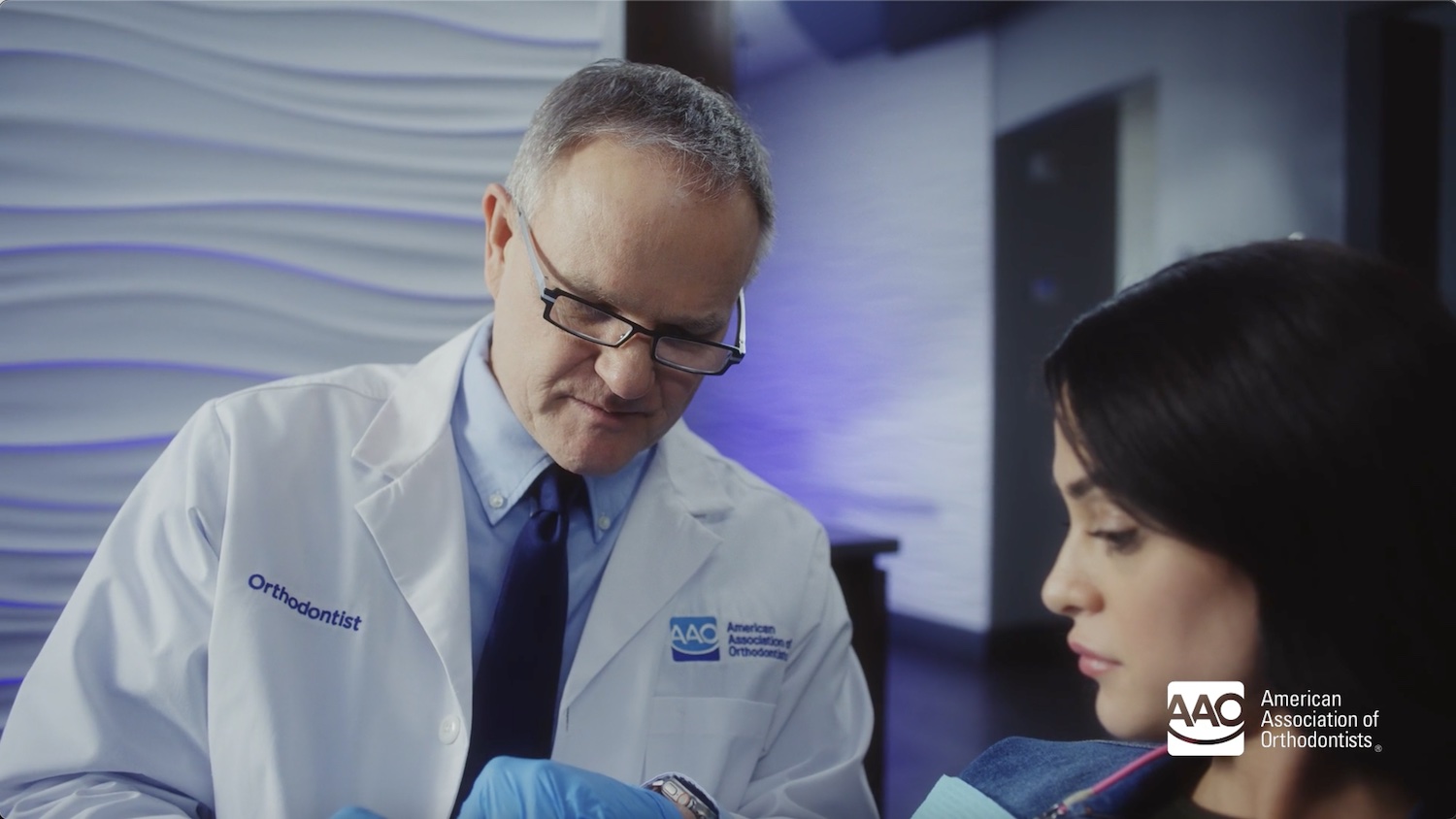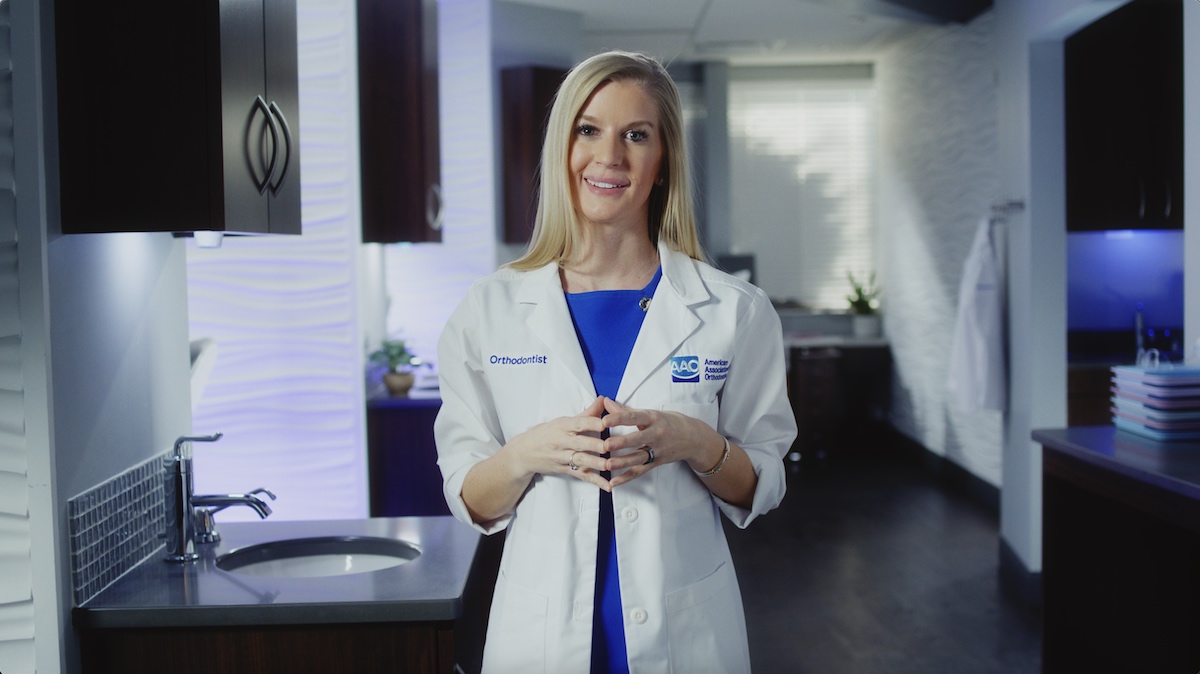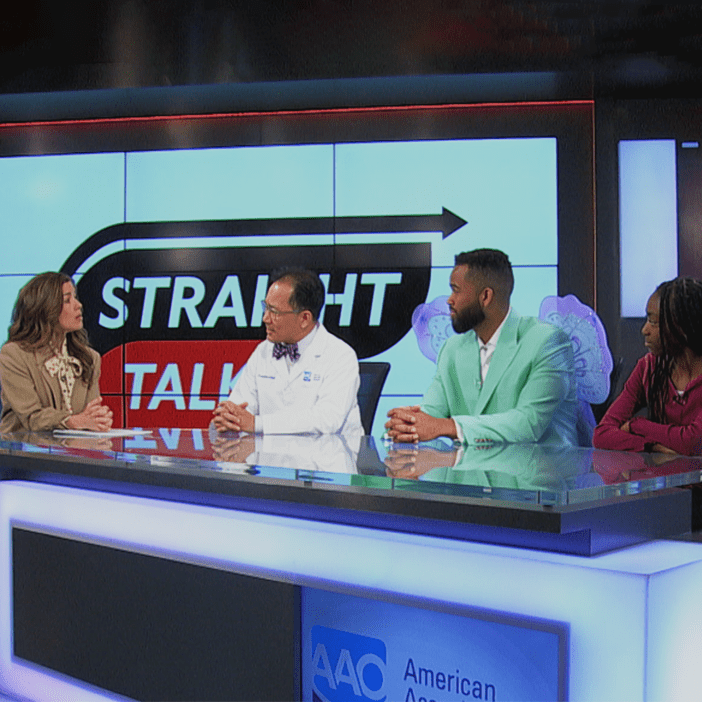
What is a Palatal Expander, and What is it Used For?
A palatal expander is a dental appliance commonly used to help address various teeth and jaw issues, known as malocclusions. Reasons why a patient might need a palatal expander include: Who Might Be a Candidate for a Palatal Expander? A palate expander is most commonly used to treat growing children and young teenagers. An orthodontist … Continued









